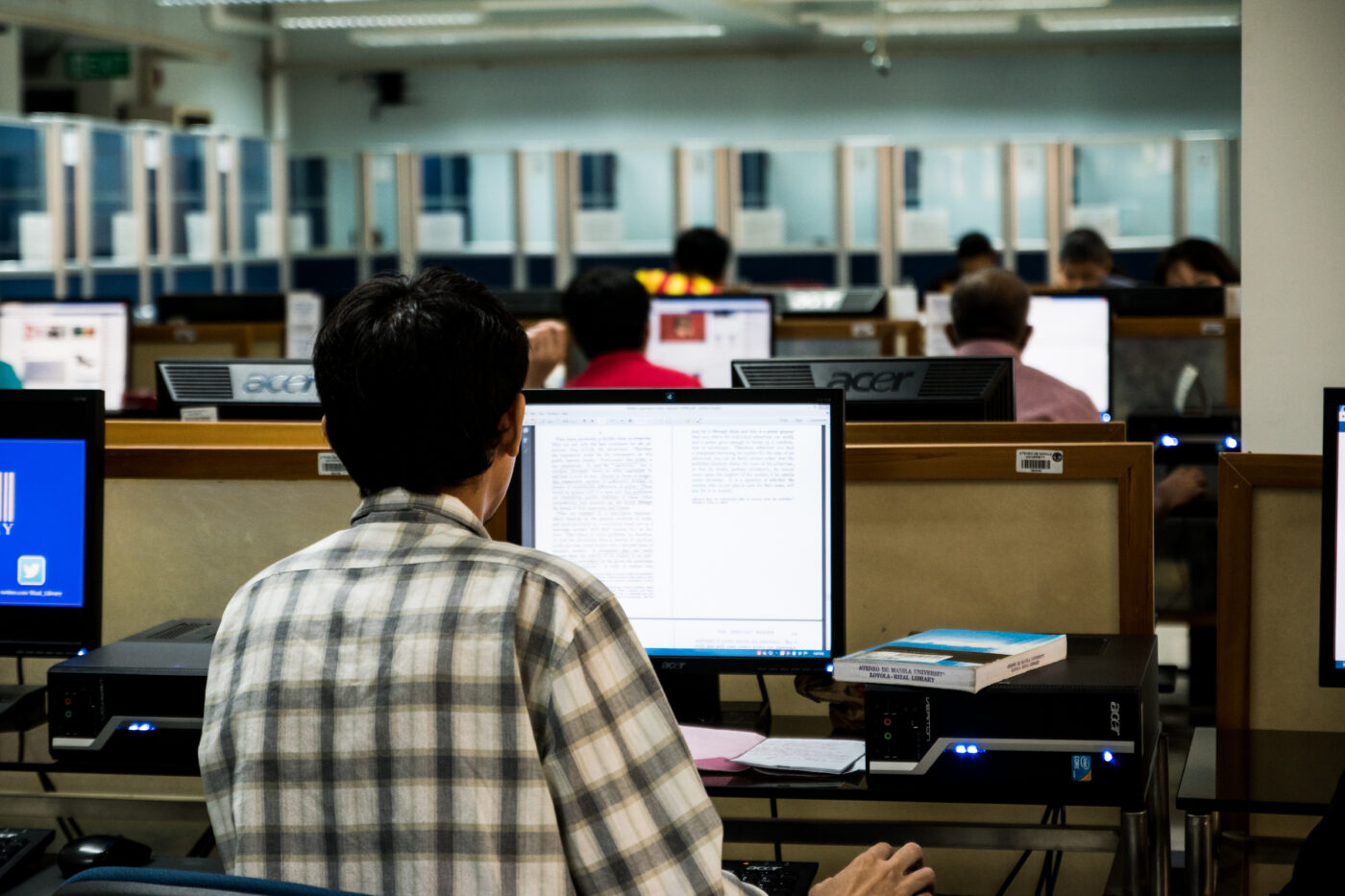TO REINFORCE values in producing knowledge in the Ateneo, the University Research Ethics Office (UREO) was established on March 5 and will begin fulfilling its roles this academic year.
According to a memorandum released by University President Jose Ramon Villarin, SJ on June 5, the UREO is housed under the Office of the Associate Dean for Research and Creative Work (OADRCW).
The creation of the office is aligned with the university’s efforts to execute its second strategic goal of advancing academic excellence “by setting up systems that stimulate greater research in the University.”
The same memo certifies the appointment of Edith Liane Alampay, PhD as the director of the UREO.
Alampay, who is also the director for Research of the Fr. Jaime C. Bulatao, SJ Center for Psychology Services, shall serve a three-year term starting from June 1 to May 31, 2018.
Among the initial plans of the UREO is to systematize its operations, which includes the creation of a new set of standard operating procedures and a multi-disciplinary and multi-sectoral university research ethics committee.
Expansion and consolidation
In an interview with The GUIDON, Alampay said the UREO was formed to expand the Ateneo’s ethics review functions to oversee more research activities from various sectors of the university.
Prior to the UREO, the Loyola Schools Ethics Committee (LSEC) was responsible for ethics reviews of researches in the graduate schools and faculty.
“If we really want to cover more of the research that’s happening in the university, including undergraduate and staff research, then it can’t be just a committee of five,” Alampay said.
The LSEC was composed of herself and four other members: Associate Dean for Research and Creative Work Emilyn Espiritu, PhD, Biology Department Associate Professor Hendrik Freitag, PhD, Journal of Management for Global Sustainability Managing Editor Wilfred Manuela Jr., PhD, and Budhi Editor Jean Emily Tan, PhD.
According to Villarin, the UREO also organizes the initiatives in research ethics into one center.
He said, “I think, rather than having these initiatives in disparate groups, there’s value in coming up with an office that takes them all under one wing, [while] respecting differences.”
“[We are] trying to see whether we can achieve some synergy, where people can learn from each other’s experience and come up with better policies,” Villarin continued.
What’s in it for Ateneans?
Alampay explained that students must be aware of research ethics, especially since it will help them know their rights and responsibilities both as researchers and, more importantly, as participants.
She illustrated, “May magbi-video sa’yo, [asking] ‘what do you think of ganyan-ganyan?’ Tapos ikaw, sagot ka naman (Someone will take a video of you, asking about your thoughts on a certain topic, to which you readily answer).”
“Then, nasa YouTube na pala iyong mukha mo, saying all these things, and you think, ‘Wait, I didn’t agree to that! Why is my face on YouTube?’ (Then, you suddenly see your face on YouTube, saying all these things, and think, ‘Wait, I didn’t agree to that! Why is my face on YouTube?’),”’ Alampay continued.
Meanwhile, Espiritu said that the UREO can help student researchers gain eligibility for publication and funding from external agencies through ethics approval.
“There are certain institutions, including publishing houses, where if you submit a paper and they see that the nature of your project involves human subjects, they would normally look for an ethics approval before they accept it for publication,” she noted.
Advancing academic excellence
Villarin also stressed the “behind-the-scenes” role that the UREO will play in the Ateneo’s performance in the Quacquarelli-Symonds (QS) World and Asian University Rankings.
The QS is a British company that ranks and provides information regarding top universities from all over the globe.
Ateneo landed 461st in the most recent world rankings in 2014/2015, while 114th in Asia in 2015/2016.
Villarin explained that the UREO will handle quality checks of research outputs, including their disciplinal and basic ethical integrities, something that QS does not include in counting.
He also likened QS rankings to a bean counter, saying that it tallies the number of published papers, as well as the ratio of papers per faculty and the impact of such projects.
“So, it’s an easy way of counting, but how did you make those beans? I could have stolen beans or they’re not good beans and I’m selling them,” Villarin added.
Villarin explained that the UREO helps stimulate research, a vital cog in achieving academic excellence as a university, but also stresses how upholding truth is crucial in such endeavor.
“What’s important as we produce these new knowledge products is the process of making that knowledge and we can’t be careless about honesty issues, conflict of interest, anything that compromises your principles of integrity,” he said.
“You can be a star researcher and publish all these things, pero iyon pala, dinoktor mo iyong data. That’s a mortal sin for us here in the academe (You can be a star researcher and publish all these things, but actually, you faked the data. That’s a mortal sin for us here in the academe),” Villarin added.
Alampay emphasized that “you can’t conduct research, [while] neglecting to uphold these standards of conduct, these values that Ateneo espouses.”
Moreover, Espiritu said that the practice of ethics “must be applied to every aspect of research, from gathering data, to its analysis, to its sharing and dissemination.”







